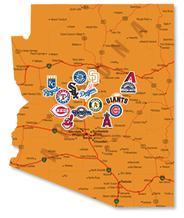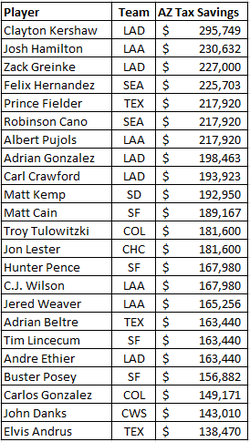On last night's episode of John Oliver's show Last Week Tonight he discusses the notion of taxpayer funded sports stadiums. He gives examples of sports stadiums in Detroit and Cincinnati as well as Milwaukee's current discussion of funding the Bucks new arena. You can watch him discuss the topic in it's entirety below. Enjoy!
Interested in keeping up with TaxaBall? Follow us on twitter or get new posts delivered to your inbox!







 RSS Feed
RSS Feed